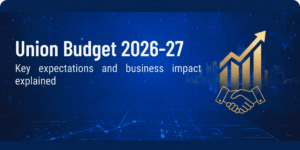The Consumer Confidence Survey is a crucial tool for understanding the dynamics of the economy through the lens of consumer perceptions. For India, it plays a vital role in shaping economic policies and guiding businesses, especially in a rapidly changing economic environment.
For UPSC aspirants, knowledge of the CCS bridges critical gaps in understanding economic planning, governance, and public policy, making it an indispensable topic in preparation. By analyzing the survey’s methodology, findings, and implications, aspirants can gain a holistic perspective on its significance to India’s economic landscape.









